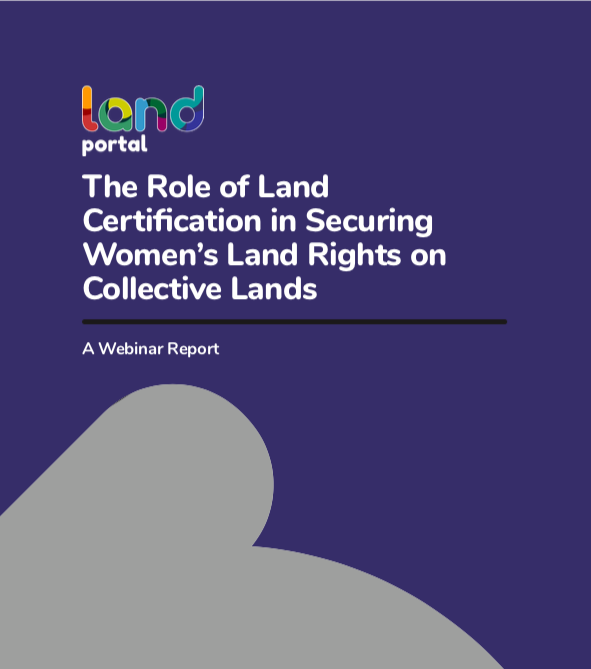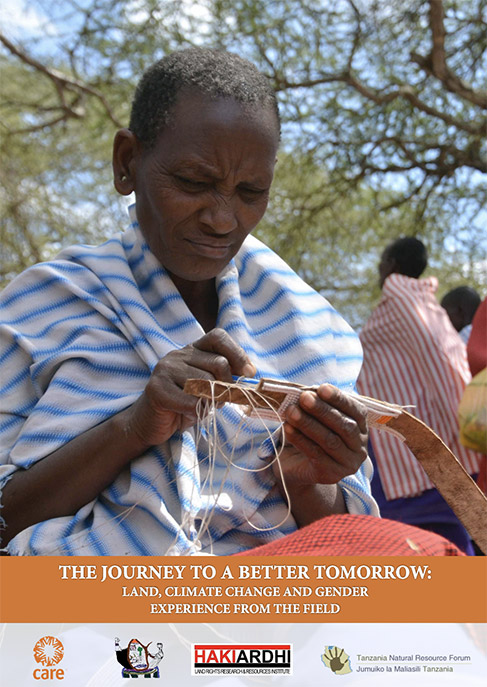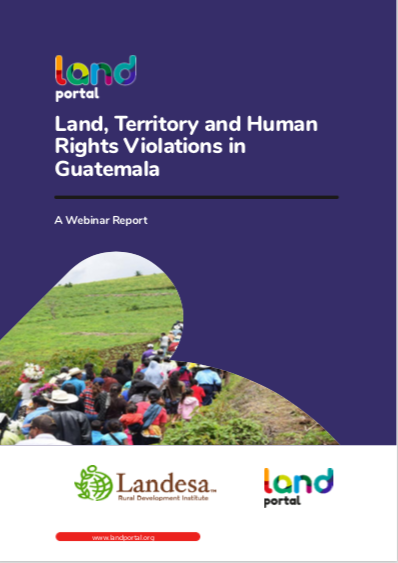Land and climate change: Rights and environmental displacement in Mozambique
This commentary highlights the importance of land tenure security for women and indigenous peoples. Land titles are often used as a proxy for women’s land security;but focusing on titling alone does not lead to greater tenure security for women. To ensure tenure security;the development community;policymakers and practitioners must expand the range of interventions that address constraints women face when exercising their land rights.








